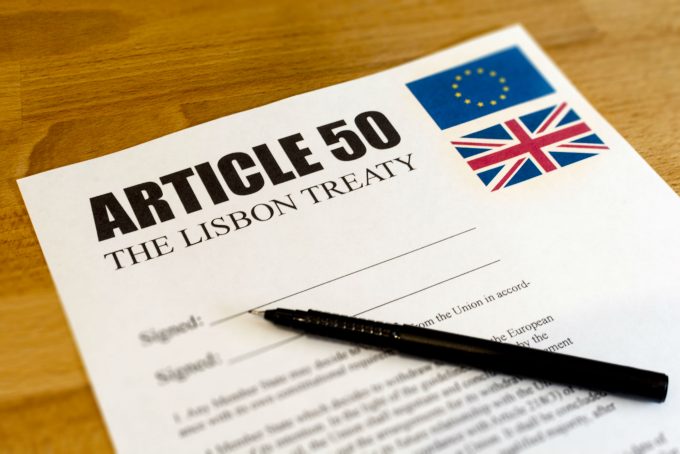Are UK businesses ready for safety and security declarations for EU imports?
Alex Pienaar, HM Revenue and Customs’ (HMRC) director of customs policy & strategy, explains what ...

Concerns are mounting that even with a Brexit deal that is relatively soft, there could still be considerable freight congestion at some of the major arteries into the UK – especially at the port of Dover and along the UK-Republic of Ireland border.
Ireland’s revenue commissioner, Liam Irwin, yesterday gave evidence to the Irish parliament’s finance committee and warned that, under EU law, 6-8% of all freight crossing the border would need to be checked.
Although he qualified this by adding that a ...
Asia-USEC shippers to lose 42% capacity in a surge of blanked sailings
USTR fees will lead to 'complete destabilisation' of container shipping alliances
New USTR port fees threaten shipping and global supply chains, says Cosco
Outlook for container shipping 'more uncertain now than at the onset of Covid'
Transpac container service closures mount
DHL Express suspends non-de minimis B2C parcels to US consumers
Zim ordered to pay Samsung $3.7m for 'wrongful' D&D charges
Uncertainty over US tariffs sparks interest in bonded warehouses for imports

Comment on this article